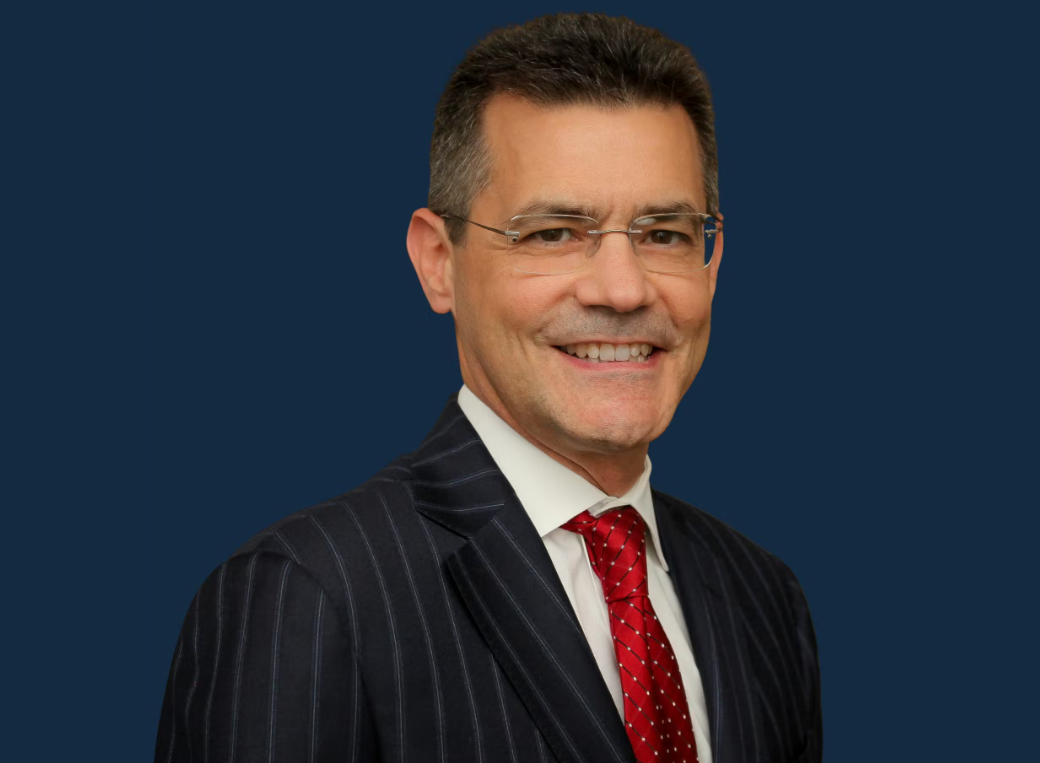Regulators need to go further on margin standards - clearing experts
20th June, 2025|Luke Jeffs

Regulators should maintain their focus on clearing standards including how clearing houses calculate margin, two senior clearing experts have suggested.
Speaking at the FIA IDX conference in London on Wednesday, a panel of clearing experts reflected on the industry’s performance through April’s extreme volatility which led to higher trading volumes.
The consensus was that, while the industry stood up well to the recent challenges, there are still issues with how different central counterparties (CCP) calculate margin, which can vary significantly from firm to firm.
Matthias Graulich, head of global products and markets at Eurex, told the conference: “If there are still markets and CCPs where the margin jumps by 200% and I look at my margins and they jump by 10%, this is a problem.
“We talk about competitiveness: in calm market condition our margins are perceived as too high but this is the prize if you want to have a higher level of stability and resilience. If others charge almost no margin during calm times then everyone will run to that CCP and clear their business there, ignoring this is not the safest place if something goes wrong.”
The unpredictability of margin calls emerged as a major problem in 2020 after Covid and, again, in 2022 after Russia’s invasion of Ukraine roiled the commodity markets.
Graulich added: “We are acting in a global environment and as long as the rules on anti-procyclicality, margin periods of risks, all these topics are not aligned more than they are today, this is a problem for the markets that are adhering to the higher standards.”
Helen Gordon, global head of derivatives clearing at JP Morgan, agreed the industry is in better shape than it was just a few years ago but echoed Graulich’s comments on the need for greater standardisation in margin calculation.
She said: “We do see significant jumps in margin, the timing depending on whether the CCP is using a HVAR model or a parametric model, with the latter taking even longer to adjust. For that reason, we continue to encourage the regulatory work going on, whether that is the Bank of England or the continued international work in this space.”
Richard Knox told the delegation: “On the UK side, work on EMIR (European Market Infrastructure Regulation) and CCP regulation is a continuation of our post-Brexit process to bring all this regulation into our new FISMA structure, which essentially means all the firm-facing rules that we inherited … put in statute and law automatically at the end of the transition period.”


